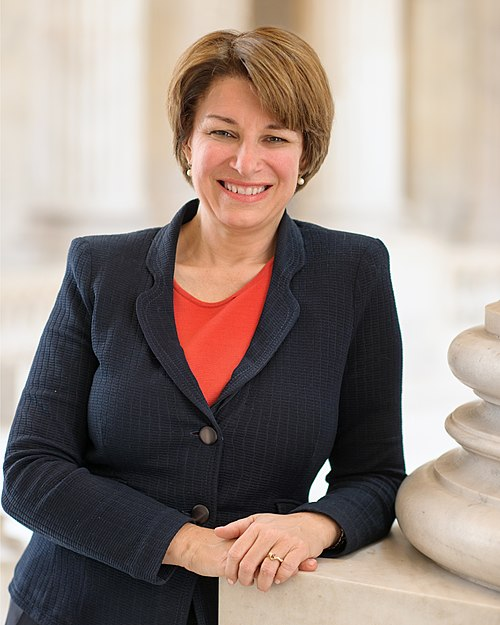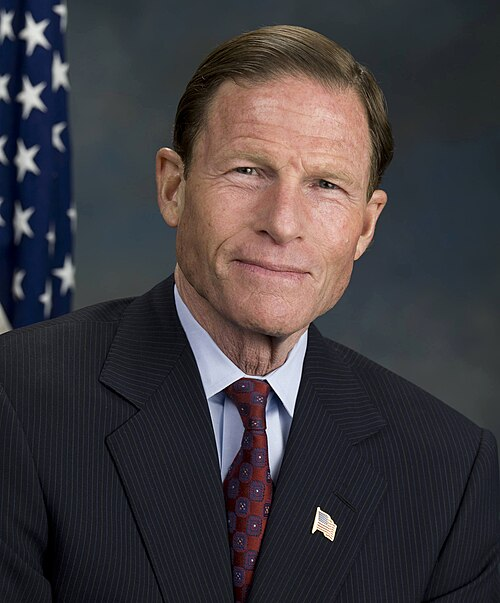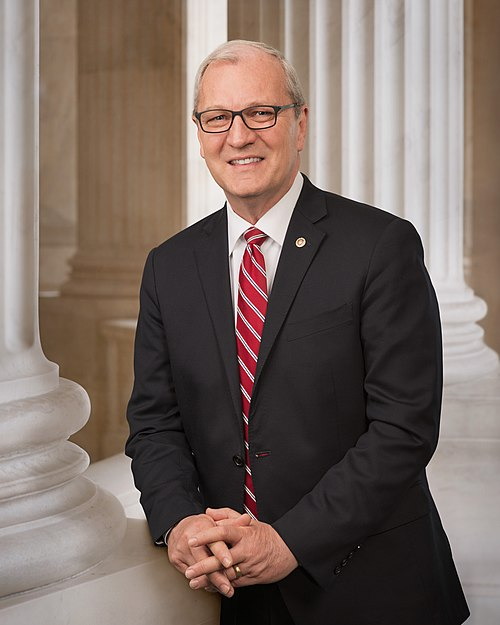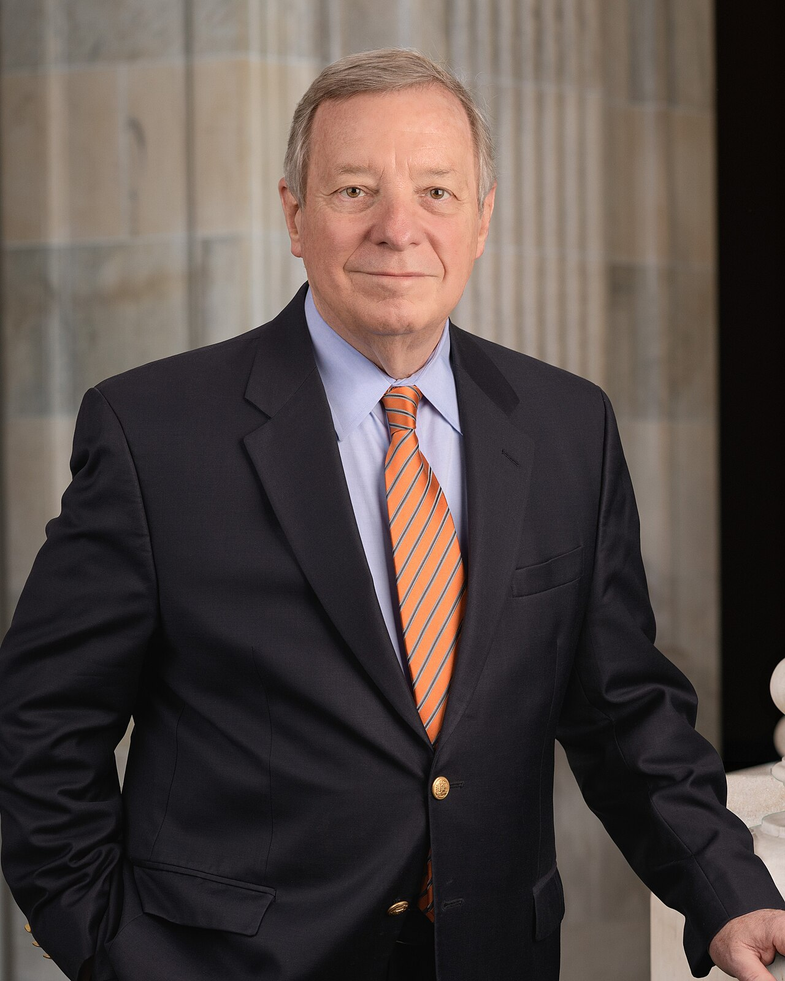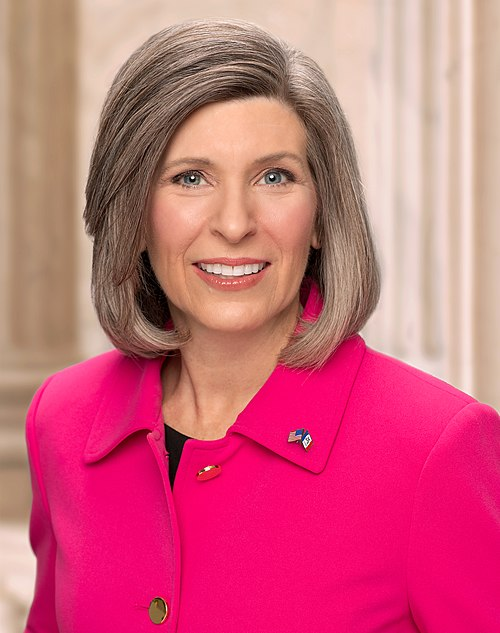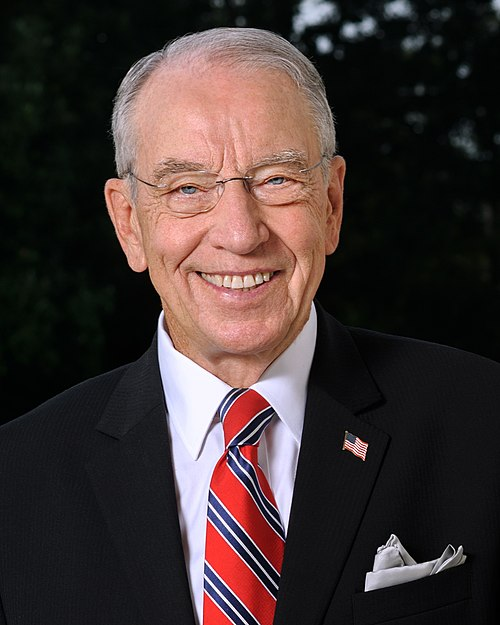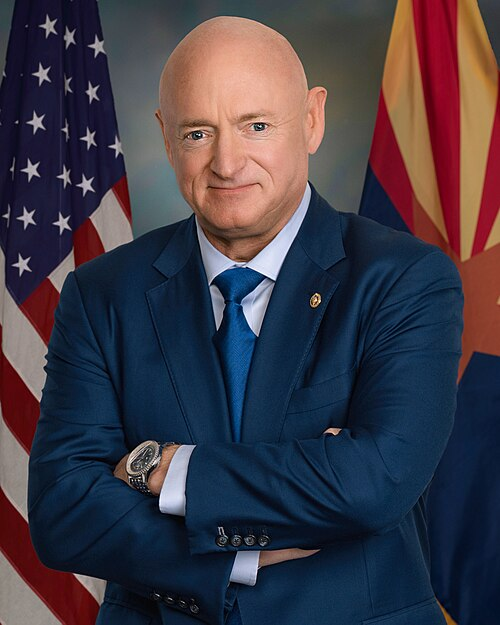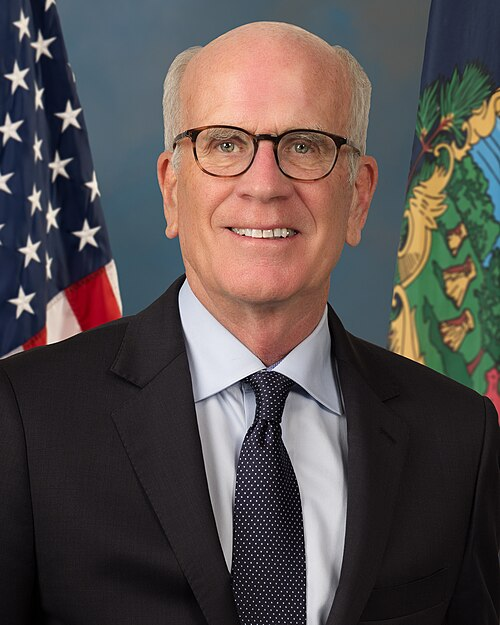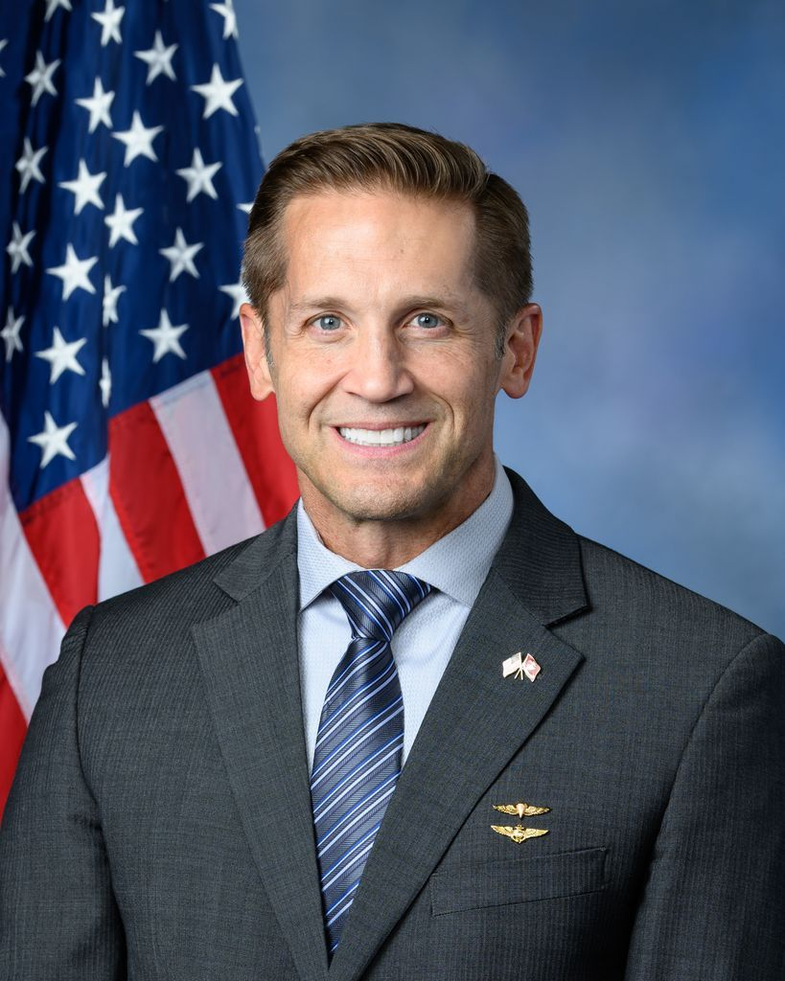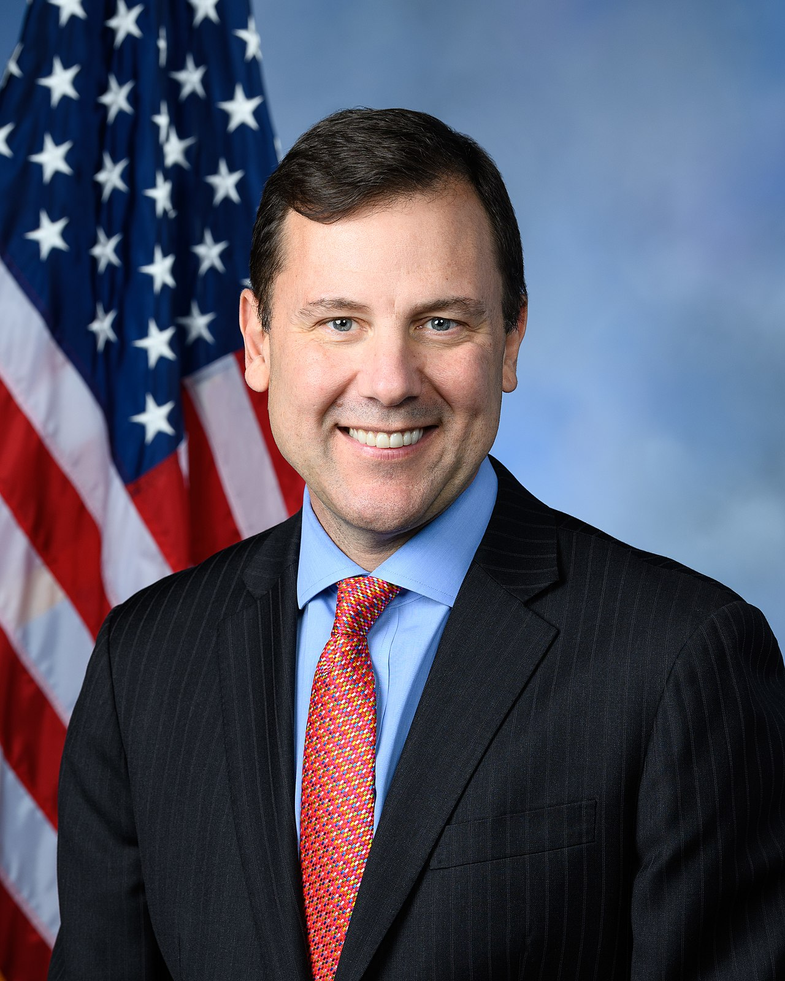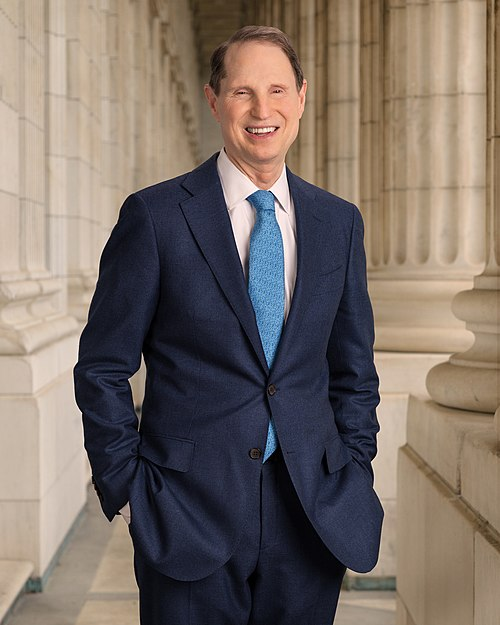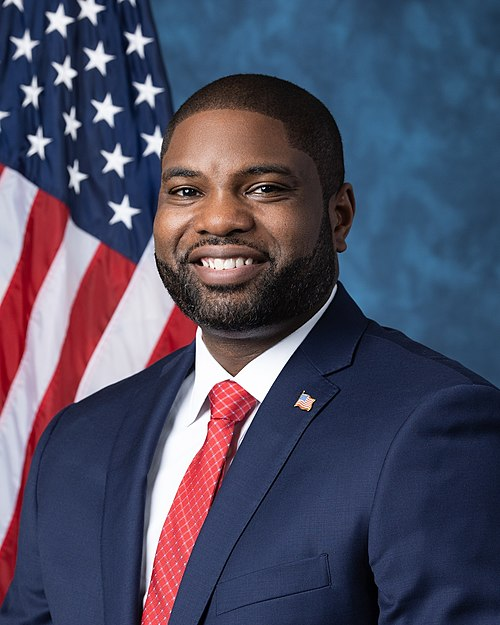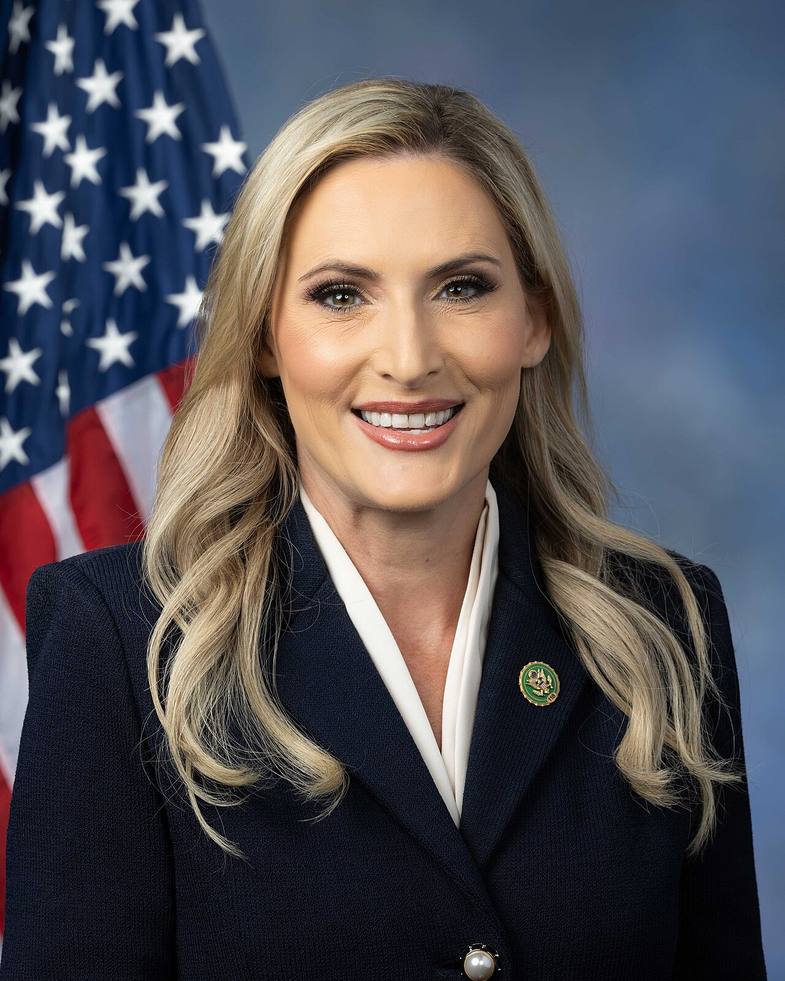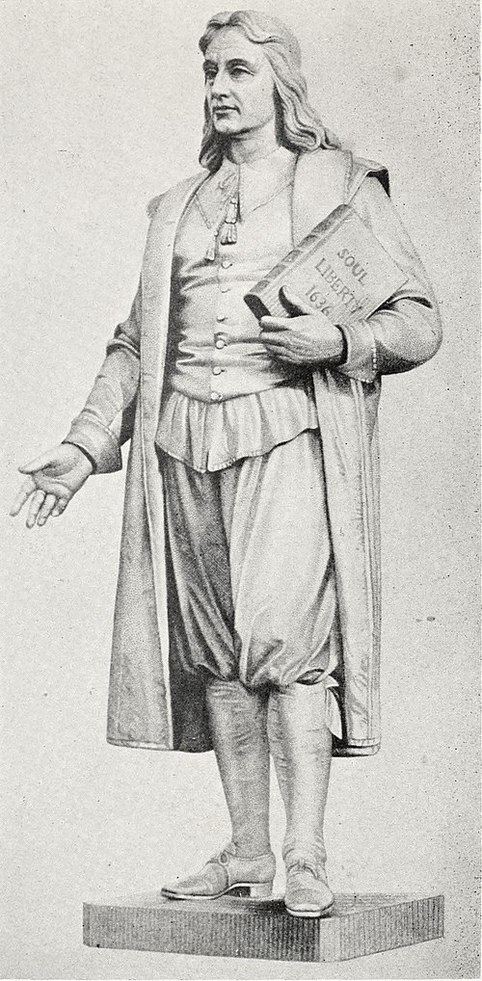S. 1096: Preserve Access to Affordable Generics and Biosimilars Act
The Preserve Access to Affordable Generics and Biosimilars Act aims to improve competition in the pharmaceutical market by prohibiting certain agreements between brand name drug companies and generic or biosimilar manufacturers. These agreements often involve brand name companies compensating generic competitors to delay the introduction of cheaper generic drugs. This practice, known as "reverse payment" settlements, has undermined the initial goals of the Drug Price Competition and Patent Term Restoration Act of 1984, which intended to promote generic drug access and lower healthcare costs.
Key Provisions
- Prohibition of Reverse Payments: The bill prohibits brand name drug companies from compensating generic drug companies to delay the market entry of generic products. Similarly, it bans compensation from biological product manufacturers to biosimilar manufacturers for delaying the introduction of biosimilars.
- Antitrust Enforcement: It establishes that such agreements have anticompetitive effects and empowers the Federal Trade Commission (FTC) to take legal action against parties involved in these agreements.
- Civil Penalties: If parties are found to violate this prohibition, they may face civil penalties that could be up to three times the value received from the anticompetitive agreement.
- Evidence Presumption: There is a presumption that an agreement has anticompetitive effects if a generic or biosimilar applicant receives anything of value and agrees to limit or forgo research, manufacturing, or sales of the product in question.
- Exclusions for Unlawful Practices: The bill clarifies certain exceptions, such as legitimate compensation for other goods or services not tied to the settlement of patent claims.
- Transparency Requirements: Companies entering into relevant agreements will need to report these agreements to the FTC and provide certifications regarding the agreements' nature and terms.
Goals of the Bill
The primary goals of the Preserve Access to Affordable Generics and Biosimilars Act are to:
- Enhance market competition by preventing practices that limit or delay the availability of generic and biosimilar drugs.
- Support consumer access to affordable medications by ensuring that price competition is not stifled by anticompetitive agreements.
- Reinforce the principles of antitrust law within the pharmaceutical industry, ensuring that consumer interests are prioritized.
Background Context
In 1984, the 1984 Act encouraged the entry of generic drugs into the market, leading to lower prices for consumers. However, recent trends show that some brand name companies have adopted reverse payment agreements which undermine competition and result in higher costs for healthcare. The bill responds to these changes, aiming to restore the competitive environment that benefits consumers.
Relevant Companies
- PFE (Pfizer Inc.): Pfizer may be affected as it could alter how it negotiates with generic manufacturers regarding the release of their generic drugs.
- ABT (Abbott Laboratories): Abbott could be impacted by changes in its interactions with biosimilars.
- NVS (Novartis AG): Novartis may experience changes based on how it manages its patented drugs and market competitors.
This is an AI-generated summary of the bill text. There may be mistakes.
Sponsors
9 bill sponsors
Actions
5 actions
| Date | Action |
|---|---|
| Apr. 10, 2025 | Committee on the Judiciary. Reported by Senator Grassley with an amendment in the nature of a substitute. Without written report. |
| Apr. 10, 2025 | Placed on Senate Legislative Calendar under General Orders. Calendar No. 46. |
| Apr. 03, 2025 | Committee on the Judiciary. Ordered to be reported with an amendment in the nature of a substitute favorably. |
| Mar. 24, 2025 | Introduced in Senate |
| Mar. 24, 2025 | Read twice and referred to the Committee on the Judiciary. |
Corporate Lobbying
0 companies lobbying
None found.
* Note that there can be significant delays in lobbying disclosures, and our data may be incomplete.


